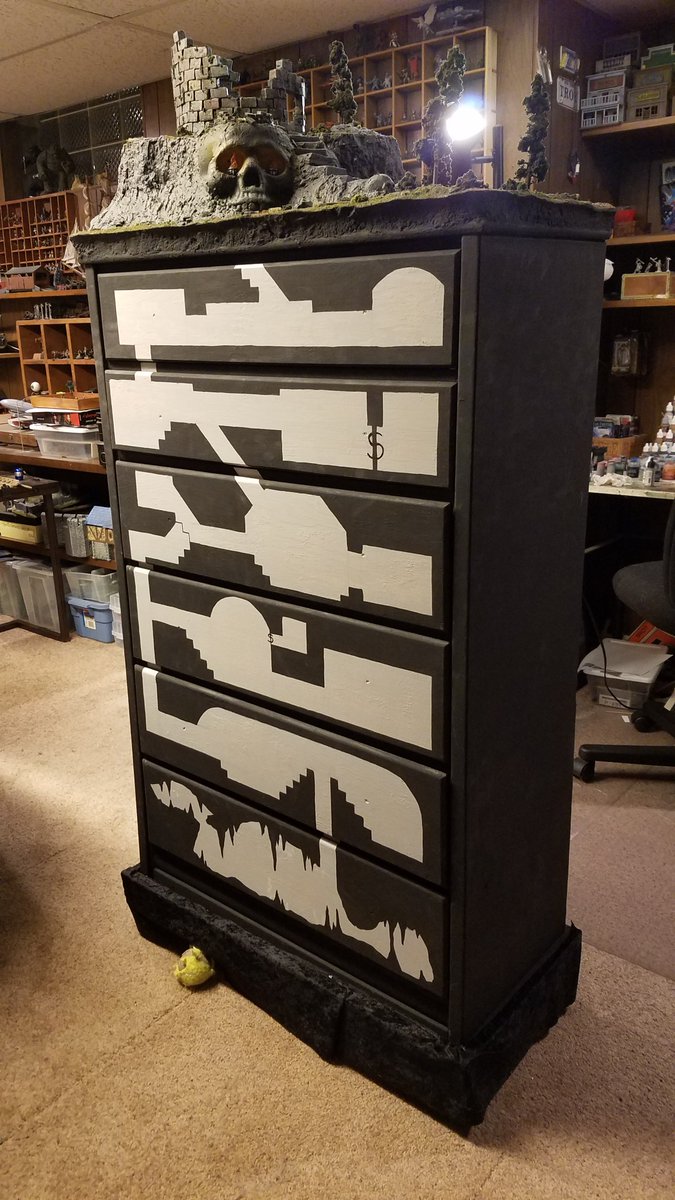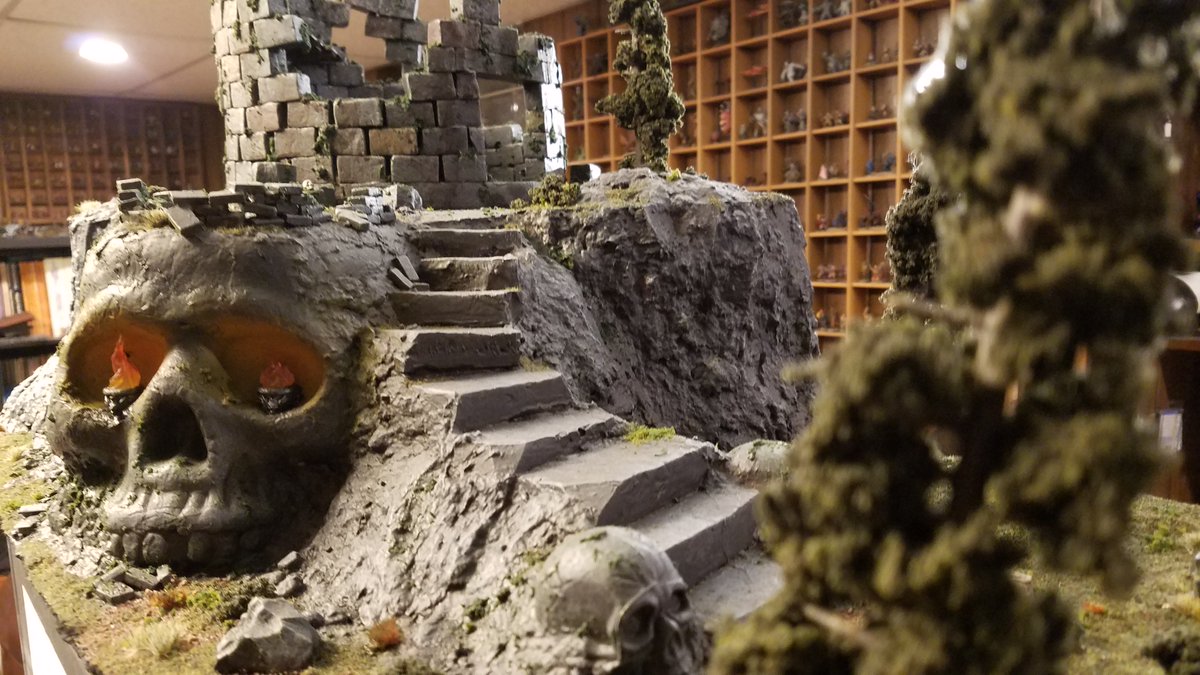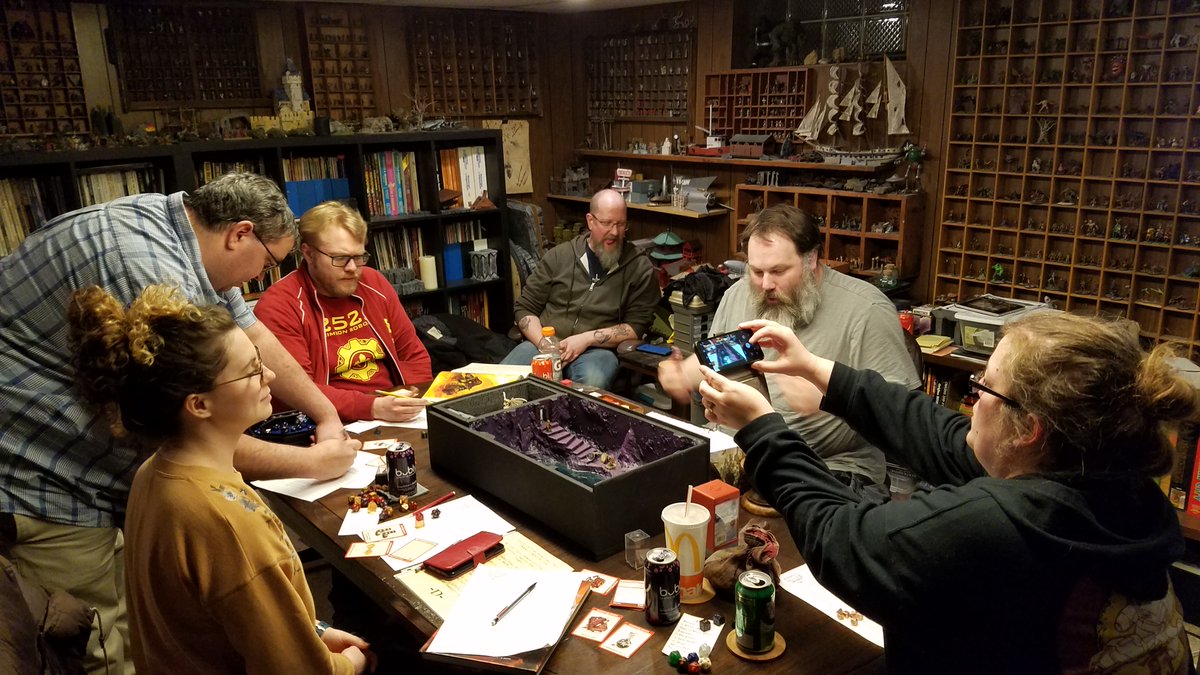(There are also proactive nodes which tend to do the opposite: They come to the PCs and interact with them.)
A revelation CAN be a node (i.e., we need to go check out that location/character/organization/event), but it can also be stuff that isn't a node (i.e., the runes are Achaean).
But nodes can also be made up of many scenes.
I talk about this in the Art of Pacing. thealexandrian.net/wordpress/3150…
And "the scene with Diego" is a meeting or a tail or an assassination or a heist or an intimidation tactic where they ram his car or a hostage negotiation or all of that.
thealexandrian.net/wordpress/1118…
atlas-games.com/product_tables…






